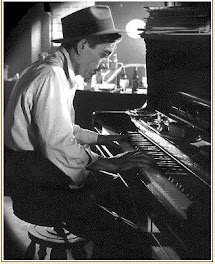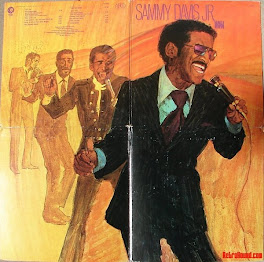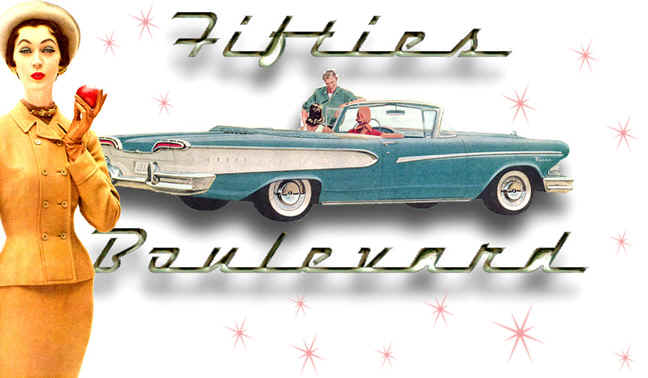In first reading -- memorizing! -- some Theodore Roethke poems, I had no idea he was crazy. Let me soften that. He was suffering from schizophrenia of a kind.
None of the poems say that to me. They're observant, grounded, solid. No extravagance, no wildness.
That idea held throughout my reading of 'In A Dark Time', housed in a volume where critics laid out their 'takes' and Roethke had a last say. I remember nothing written by any of them on the issue of insanity.
So, even when the poem itself reads, What's madness but nobility of soul/At odds with circumstance, I take that as a comparative expression, as something nearer to what we, the sane, might imagine than what he means us to understand by the poem.
He pushes on, then, soon, to what might be the start of a transformation, pressing the membrane of 'circumstance' to find more room:
A man goes far to find out what he is --
Death of the self in a long, tearless night,
All natural shapes blazing unnatural light.
Was I instructed at the time to liken this to Teresa of Ávila, to Juan de la Cruz? Somehow my memory connects these.
Roethke's last stanza:
Dark, dark my light, and darker my desire.
My soul, like some heat-maddened fly,
Keeps buzzing at the sill. Which I is I?
A fallen man, I climb out of my fear.
The mind enters itself, and God the mind,
And one is One, free in the tearing wind.
This so obviously wants to read as a mystic experience. Do we reduce it to neurology?
Whether or not such experience might not occur if certain medications were present (or would occur if certain others were), should we eliminate the 'phenomenological authenticity' of it?
Our history is filled with myth. Our lives are fuller for it.
There's always a price. We can settle the bill by selling our bodies as meat. We can also contract to pay it as adventurers to the end.
.







































Maybe madness is on the borderline of eros and thanathos, of vice and creation, or maybe it's just illness,for a while forgotten, for a while tamed practising art.
ReplyDeleteOr Phoenix.
So many great artist were/are troubled souls. Geniuses, nonetheless.
ReplyDeleteorfeenix,
ReplyDeletea) Passion, the strong stuff, does border madness, cause 'justifiable' violations, edge into vice, and -- boom -- produce what will later no longer be reproducible. Or desirable.
Just haunted.
Art's goal may be to capture strong emotions, and as you say, tame them. Maybe hold the glossy shield up so that we may view the Gorgon.
b) Yes. My very first instinct was "Phoenix". So my 'name guesses' were alternatives, maybe not the best. Perhaps you are "X" "Or Phoenix".
Trulyfool
Willow,
ReplyDeleteI hate to think of the mental funks and horrors felt by Sylvia Plath, Robert Lowell, John Berryman and such.
We know something about them. Is it that they're 'off-track' that allows the art? Those just mentioned were also exceptionally smart. Is it that?
When we do art are we compensating, like favoring a leg when the other hurts?
Trulyfool
What's madness but nobility of soul/At odds with circumstance...
ReplyDeleteWow. How true.
Claudia,
ReplyDeleteContrast that poetic pulse with the medical community's! I just had a couple of routine (but thorough) encounters with familiar docs here, and -- I wanna tell ya -- even my clean bill of health sounded like a technical discourse.
For those guys, 'nobility' is an archaic term for a kind of behavior, and 'soul' is an anathematic term to any decent material science worth the name.
That poets like Roethke take notions of madness and actually build them out into something arguably transcendent reinforces my belief in the humanities.
Human salvation lies in the hands of the creatively maladjusted.
ReplyDeleteMartin Luther King Jr.
Ian,
ReplyDeleteTrue observation. The 'maladjustment', if we play it safe, means 'non-conformity'. The 'creative' part of it -- certainly for King -- is taking action to convince others also not to conform.
Those poets shone, then disintegrated.
Trulyfool